What is the Bill about?
On 27 March 2024, the Government introduced the National Disability Insurance Scheme Amendment (Getting the NDIS Back on Track No 1) Bill 2024 into the House of Representatives.
The broad purpose of the Bill is to begin implementation of the recommendations of the 2023 Independent Review of the NDIS. In a media release, Minister shorten acknowledged that the “Review recommendations will take years to implement” and the Bill was “the next step in the journey”.
Specifically, the Bill (in its current form) amends the: National Disability Insurance Scheme Act 2013 to:
- define “NDIS supports”;
- provide for “needs assessment reports”;
- clarify the process for reassessment of participant status;
- provide for participants to transition to a “new framework plan”;
- provide for new framework plans that include a flexible budget and budget for stated supports;
- provide for “old framework plans” to have a total funding amount;
- update the circumstances in which the NDIA will manage plan funds;
- require participant to spend plan funds only on NDIS supports and in accordance with their plan;
- increase the powers of the NDIS Quality and Safeguards Commission to protect participants from illegal and unethical conduct by providers.
Where is the Bill at?
The Bill is still progressing through Parliament. In late May/early June, the House debated the Bill and passed 30 amendments (29 Government and 1 Crossbench) to it.
The Bill was introduced into the Senate on 24 June. To address findings and recommendations made by the Senate Community Affairs Legislation Committee, the Government circulated further draft amendments. On 27 June, the Senate referred the Bill back to the Committee for further consideration, and it delivered its report on 8 August. The Committee recommended the Bill (as amended) be passed “as soon as practicable” (47). As at 20 August, the Senate was still debating the Bill.
See the Department of Social Services (DSS) website for more information about the Bill.
New definition of “NDIS supports”
As part of the proposed amendments to section 10 of the NDIS Act, the Government has developed draft definitions of “NDIS supports” which describe what NDIS funding can and cannot be spent on.
The DSS is currently holding a public consultation on the draft lists of “NDIS supports”. The draft lists will become part of a transitional rule about NDIS Supports, remaining in place until the Commonwealth and States and Territories formally agree on a new rule to replace it.
For an advocacy sector perspective on the proposed changes, see the analysis prepared by Disability Advocacy Network Australia (DANA).
When will the changes start?
The changes will not take effect for some time because (as announced by Minister Shorten) announced:
- Many improvements cannot take effect until NDIS Rules, which are made with the states and territories, and legislative instruments are updated or made.
- The Rules and legislative instruments will contain the necessary operational detail.
- The Government intends to consult with the disability community to design, make and update the NDIS Rules and legislative instruments.
Stay up to date!
Watch this space for further updates and analysis, or subscribe to our monthly newsletter at www.specialvoices.com.au.





